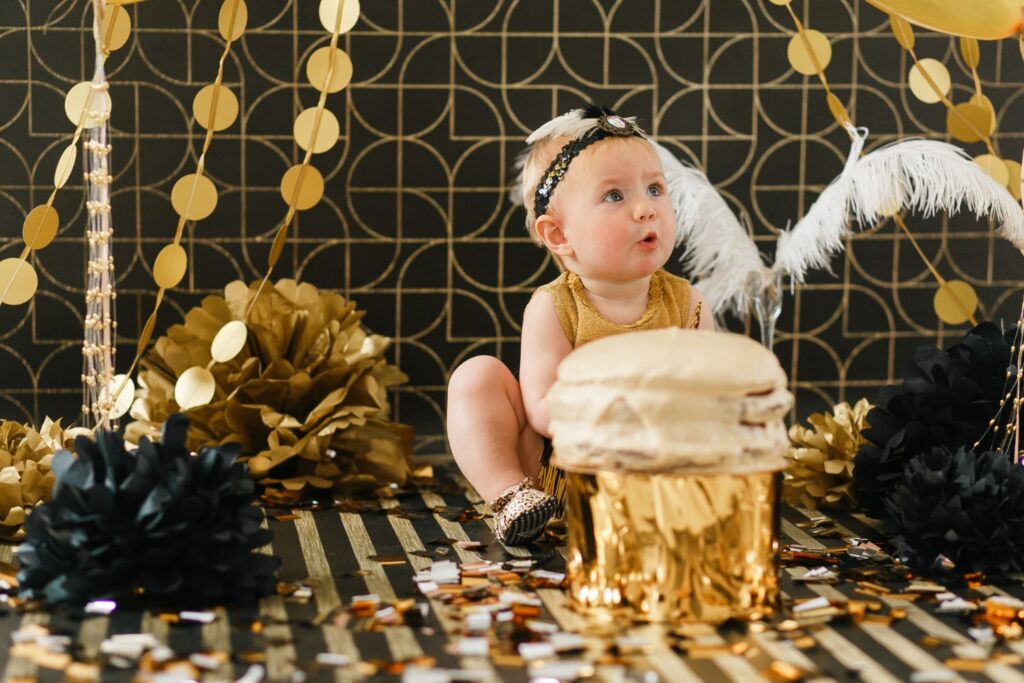The first year of your baby’s life has been a whirlwind of growth, discovery, and love. As they step into their first year, your little one is no longer an infant but an emerging toddler, eager to explore, communicate, and express their unique personality. This exciting stage is filled with rapid 1 year old baby development milestones, from taking those first steps to speaking their first words. Let’s dive into what you can expect and how you can support your child’s journey at 12 months old.
1 Year Old Baby Milestone Chart

| Achieved Milestones | Emerging Milestones |
|---|---|
| Stands without support | Walks independently |
| Takes a few steps alone | Climbs stairs with help |
| Says simple words like “mama” or “dada” | Expands vocabulary and forms short phrases |
| Points at objects of interest | Follows simple instructions more consistently |
| Enjoys self-feeding with fingers | Uses a spoon with growing coordination |
Key Developmental Milestones at 1 Year
Physical and Motor Skills
At 1 year, your baby is mastering movement and coordination:
- Walks with increasing confidence, though still wobbly.
- Improves hand-eye coordination and uses both hands to play.
- Uses a pincer grasp to pick up small objects.
- Climbs on low furniture and explores surroundings eagerly.
- Practices stacking objects and knocking them over.
Cognitive Development
Your baby’s thinking and problem-solving skills are taking off:
- Recognizes familiar faces, objects, and routines.
- Begins to imitate adult actions, like using a brush or holding a phone.
- Shows curiosity by experimenting with objects (e.g., shaking, throwing, or banging them).
- Understands the concept of object permanence, knowing something still exists even when hidden.
- Enjoys cause-and-effect games, like dropping items to see what happens.
Social and Emotional Development
Your 1 year old is growing more independent while still needing reassurance:
- Shows a strong attachment to caregivers and may experience separation anxiety.
- Waves “bye-bye” and claps hands to express emotions.
- Begins to show preferences for certain people and toys.
- May test boundaries by refusing food, throwing objects, or resisting instructions.
- Enjoys playing next to other children (parallel play) but isn’t yet ready for cooperative play.
Language and Communication Skills
Your child is on the verge of verbal breakthroughs:
- Says simple words and may attempt short phrases.
- Understands and follows simple commands like “Come here” or “Give me the ball.”
- Responds to their name and looks when spoken to.
- Imitates words, animal sounds, and gestures.
- Uses pointing and other gestures to communicate wants and needs.
Eating and Sleeping Milestones
At this stage, your baby is transitioning to more solid foods and a new sleep pattern:
- Enjoys self-feeding with fingers and tries using a spoon.
- Eats a variety of soft foods, including small pieces of fruit, vegetables, and proteins.
- Drinks from a sippy cup or an open cup with assistance.
- Starts to drop morning naps and settles into one longer nap in the afternoon.
- Sleeps through the night with more predictable sleep routines.
When to Consult a Doctor
Every child develops at their own pace, but if you notice any of the following, consider speaking to your pediatrician:
- Your baby isn’t pulling up to stand or trying to walk.
- They don’t use gestures like waving or pointing.
- There’s no attempt at verbal communication, such as babbling or saying simple words.
- They seem uninterested in interacting with caregivers or toys.
- They show difficulty grasping objects or using both hands equally.
Ways to Support Your Baby’s Development
Encouraging Cognitive and Motor Growth
- Offer safe spaces for walking practice and exploration.
- Introduce stacking and sorting toys to build problem-solving skills.
- Encourage independent play with age-appropriate toys and objects.
Boosting Social and Emotional Skills
- Comfort your baby during moments of separation anxiety.
- Engage in interactive play and encourage social interactions.
- Set clear but gentle boundaries to help them understand expectations.
Enhancing Language Skills
- Talk to your baby frequently, narrating daily activities.
- Read picture books together and name objects in the illustrations.
- Encourage repetition of words and sounds to build vocabulary.
FAQs About 1 Year Old Baby Development
1. Can a 1 year old understand simple instructions?
Yes! Many babies this age respond to basic commands like “Come here” or “Wave bye-bye.”
2. Is it normal for my baby to be picky about food?
Yes, developing food preferences is common. Keep offering a variety of foods, even if they initially reject them.
3. Should my baby be talking in full sentences by now?
Not yet. Most 1-year-olds use a few words but understand much more than they can say.
4. Why does my baby drop things on purpose?
This is how they learn cause and effect! It’s a natural part of their development.
Final Thoughts
Your 1 year old is stepping into toddlerhood with growing confidence, curiosity, and independence. Celebrate their achievements, encourage exploration, and provide a nurturing environment to help them thrive. Remember, every baby develops at their own pace, focus on supporting and enjoying this incredible journey together!
References :
Important Milestones: Your Child By 1 Year
Also Read :
11 Months of Magic: Watching Your Baby Blossom into Independence
10 Months of Smiles, Snuggles, and Milestones: Watching Your Baby Blossom!



